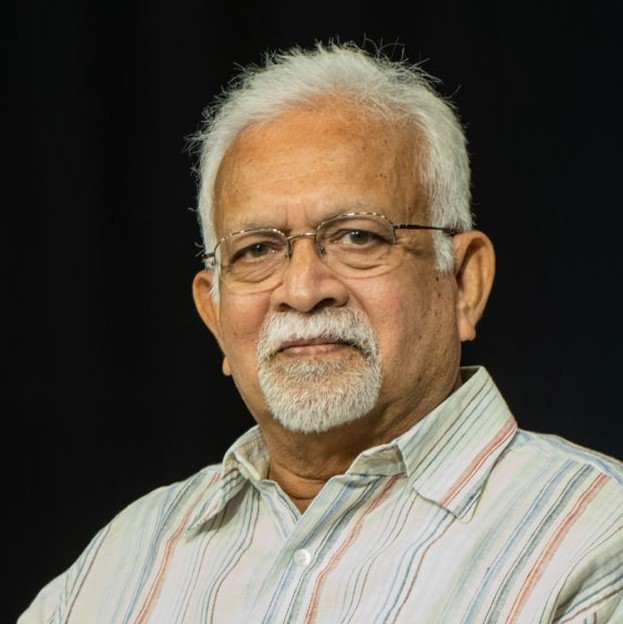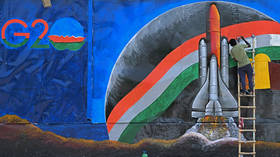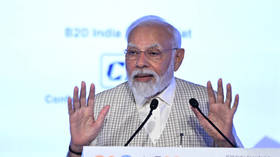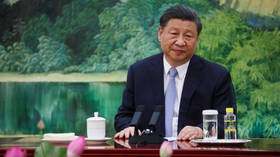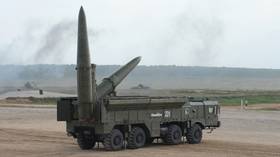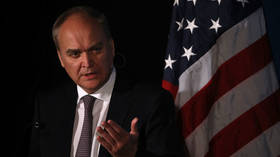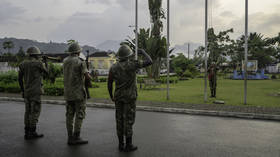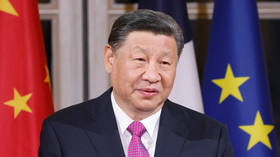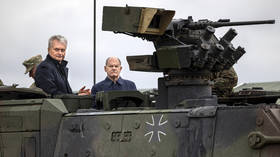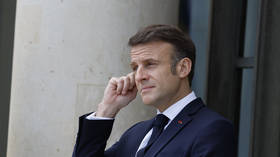India aims to take the best shot at defeating colonialism with the G20 summit
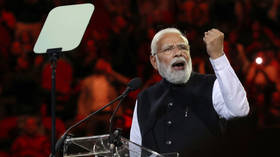
Russian President Vladimir Putin’s absence from the upcoming G20 summit in Delhi later this week is by no means a reflection of the current tempo of Russia-India relations. The friendly tone of his conversation with Prime Minister Narendra Modi testifies to it and is borne out by the readouts from Moscow and New Delhi.
Unsurprisingly, Putin took the opportunity to discuss with Modi his number-one priority – the countries’ bilateral economic relationship. Indeed, their overall discussion would have built on the ‘spirit’ of BRICS.
At that economic group’s Johannesburg summit in late August, and belying the Western narrative, the consummate politician in Modi had no hesitation in positioning himself on the right side of history, which he flagged by hailing the expansion of the BRICS membership as “a crucial decision… [which] India has always fully supported,… will strengthen BRICS as an organisation and provide new impetus to our collective endeavours… [and] will further strengthen the faith of many countries of the world in the multipolar world order.”
This articulation also had a purpose. Modi added, “The expansion and modernisation of BRICS sends a message that all global institutions should adapt to changing times. This is an initiative that can set an example for the reform of other global institutions established in the twentieth century.”
The summit heard his call for –and, for the first time, BRICS voiced support for– the reform of the UN Security Council through expanding developing countries’ representation in all membership categories, including permanent membership.
Russia navigated such an outcome, no doubt. Addressing the media in Johannesburg later, Russian Foreign Minister Sergey Lavrov spoke forcefully about the imperatives of “democratising the UN.” He said:
“The principal issue is how to reform the Security Council… While speaking about justice and democratisation, we must not put up with the fact that six out of 15 members of the UN Security Council represent the United States camp and obediently do the US bidding.
“We discussed this matter yesterday and earlier today. The documents we have approved contain a paragraph confirming that the BRICS countries are committed to a Security Council reform to be carried out in the interests of expanding the representation of developing countries. They also mention India, Brazil and South Africa as the states whose active role in the UN we value and want to be strengthened at the UN Security Council…”
The onus in this relay race is now on New Delhi to carry the baton forward. To be sure, the endeavour should be to get the G20 summit to follow the footsteps of the BRICS Summit in the Johannesburg II Declaration (para 7), in which the raison d’etre of UN Security Council membership for Brazil, India and South Africa was stated to be “to increase the representation of developing countries in the Council’s memberships so that it can adequately respond to prevailing global challenges and support the legitimate aspirations of emerging and developing countries from Africa, Asia and Latin America…”
Will US president Joe Biden (who will be camping in New Delhi for four days for the G20 event), or will any of his colleagues from the “collective West,” cooperate? That remains to be seen, but a window of opportunity is arising, as the G20 itself is set to transform in a practical sense as an aggregate of G7+ representing the “collective West” and BRICS+ representing the Global South.
In fact, the G20 summit will be taking place in an extraordinary setting. Modi has made the Global South the leitmotif of the G20 summit. Soon after returning from Johannesburg, India’s external-affairs minister S Jaishankar made a riveting speech on the role of the Global South in the Emerging World 2.0, in which he underscored that “it is an undeniable reality that the international system remains dominated by the Global North. This is naturally reflected in the composition of the G20 as well… When you reflect on it, the discourse about the Global South is essentially about leaving no one behind.”
The predicament of the West at the G20 summit is acute, as the forthcoming event is overshadowed by the crisis unfolding in Niger, one of the poorest countries of the Global South.
Last week, French president Emmanuel Macron began beating the war drums by openly espousing the idea of an external military intervention in Niger and belligerently rejecting any suggestion that French troops may be leaving the country.
Washington would presumably lead the intervention from behind, which was what President Obama did when France piloted the “regime change” in Libya. Chaos followed in the Sahel downstream, as terrorist groups began spreading their wings, which France seized a pretext to step up its military presence. If in Libya France rode on the wings of NATO planes, in Niger it also has “boots on the ground.”
India must pay attention to Niger. The lacuna in Jaishankar’s speech was its elitism, viewing the sorrows of the Global South through the urbane prism of the discontents of globalisation. This is disturbing, since India knew firsthand the cruelty of colonialism. Rather than intellectualising this topic, therefore, it must be felt in the blood and the heart so that practical decisions can be taken, which is what BRICS is embarking upon.
The G20 cannot overlook that practical issues are involved. How can the BRICS or G20 focus on the Global South and behave like an ostrich, especially under India’s stewardship, without putting its finger on the root of the malaise in the Global South, namely the tragic history of colonialism and neo-colonialism?
Niger epitomises the colonial dilemmas of the West. The plain truth is, France never really disengaged from its colonial past, but went on to create an entire new exploitative ecosystem in the Francophone region, which was invasive and spread its tentacles to create new political elites as a comprador class under the garb of “democracy” and run its fiefdoms by remote control.
The popular perception grew that what happened in Niger is an “anti-colonial coup.” The French cynicism went to such an extent that the creation of ECOWAS (the Economic Community of West African States) itself, which Macron now is pressuring to invade Niger, all along enjoyed patronage from Paris. French troops stood guard as former colonists repeatedly ransacked Africa for its assets in the post-colonial era, and, in all these predatory activities, the US acted as the godfather.
A Franco-American intervention in Niger cannot have a happy ending. It will escalate and eventually may drag the Global South to the path of conflict at a critical juncture when Africa has shown promising signs of being the next growth area on the planet. Algerian Foreign Minister Ahmed Attaf said last Tuesday that “most of the countries we have talked to are against military intervention to end the crisis”.
Algeria has proposed holding a United Nations conference to restore constitutional order, providing guarantees for all sides in the crisis and hosting a conference on development in the Sahel region. Attaf also said that Algerian officials have spoken three times since the coup to Niger’s military governor, Abdourahamane Tchiani.
The presence of both Biden and Macron in New Delhi will be a rare opportunity for Modi to persuade them that that this is not an era of wars. Unless the many-headed hydra of neo-colonialism in all its manifestations is tackled head on, forget about any salvation for the Global South.
The statements, views and opinions expressed in this column are solely those of the author and do not necessarily represent those of RT.
